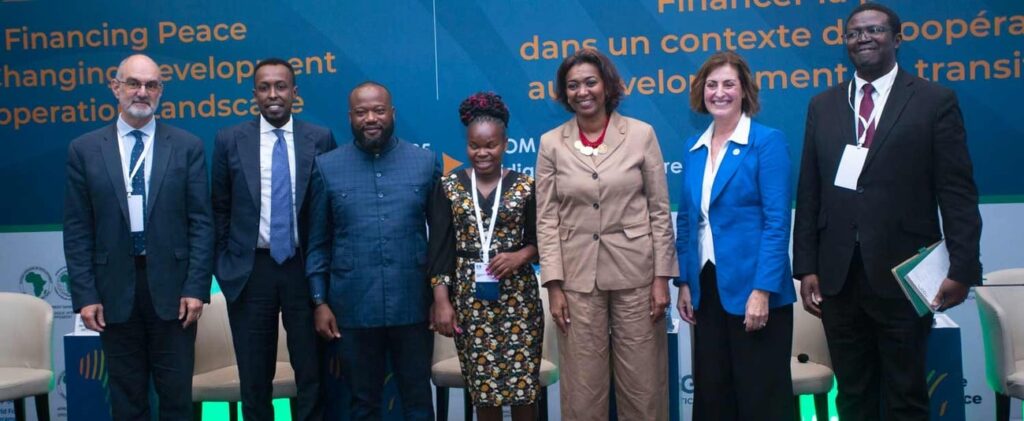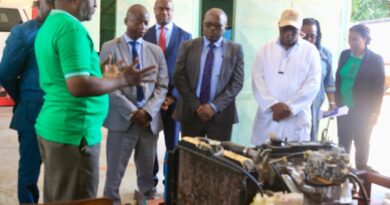Experts Urge Shift from Food Aid Dependence to Farmer Empowerment at Africa Resilience Forum 2025
Agricultural experts and policymakers have called on African governments to empower farmers as providers of food aid rather than recipients, stressing that sustainable food security and peace on the continent depend on strengthening local agricultural systems.
Speaking during a high-level panel at the 6th Africa Resilience Forum (ARF), held in Abidjan from 1–3 October, participants underscored the need to reposition farmers at the centre of decision-making processes and development planning.
“Agriculture is a dominant activity in crisis zones. And we are told that without peace, there can be no development. But without food, there is no peace,” said Roland Fomundam, CEO of Greenhouse Ventures, a Cameroonian company specialising in greenhouse production. “It’s time to involve farmers in discussions on agriculture. Too often, policies are drawn up without them.”
Echoing this sentiment, Beth Bechdol, Deputy Director-General of the Food and Agriculture Organization of the United Nations (FAO), noted that farmers represent the private sector’s frontline in Africa’s development.
“Farmers are investors and innovators. We need to work better together and measure our impact not only in tonnes produced but in how much we improve farmers’ incomes,” she said.
The session, titled “Achieving Resilient and Transformative Impact for Large-Scale Food Security in Africa,” brought together panellists including Abdilhakim Yusuf Ali Ainte, Director of the Food Security and Climate Department in the Office of the Prime Minister of Somalia; Rania Dagash-Kamara, Deputy Executive Director for Partnerships and Resource Mobilisation at the World Food Programme (WFP); Martin Fregene, Director of the Agriculture and Agribusiness Department at the African Development Bank Group (AfDB); and Kenyan agripreneur Felista Nyakio.
Drawing from Somalia’s experience, Ainte highlighted the vital role of the private sector in resilience building. “Somalia mobilised $6 billion through its private sector to boost human capital and save lives. We need a dynamic private sector at the table to deliver sustainable solutions,” he said.
Martin Fregene of the AfDB stressed that transforming Africa’s food systems does not require reinventing existing structures. “Small and medium-sized enterprises already produce the food we eat. The challenge is helping them double production and sustain their growth,” he explained. “The Bank works directly with producers, financing innovation, training, and climate-resilient infrastructure while improving access to agricultural inputs.”
Kenyan entrepreneur Felista Nyakio called for a cultural shift in how agriculture is perceived. “Farming is often seen as degrading work. We need to change that narrative—make farmers feel valued and inspire children to see agriculture as a noble and rewarding career,” she said.
The Africa Resilience Forum, organised by the African Development Bank Group, convened under the theme “Prevention for Better Action: Financing Peace in a Context of Development Cooperation in Transition.” The event serves as a platform for policymakers and practitioners to strengthen collaboration across the humanitarian, development, and peacebuilding sectors, with a shared focus on investing in resilience and sustainable growth.
Participants agreed that empowering farmers, investing in agri-businesses, and fostering cross-sector partnerships are key to building a resilient, self-reliant Africa — one where farmers feed nations rather than depend on aid.



